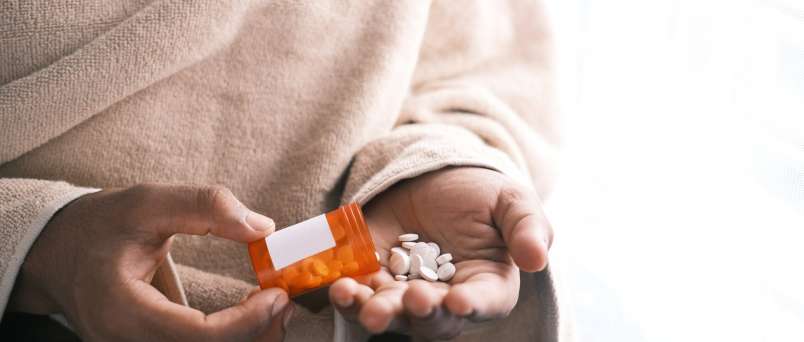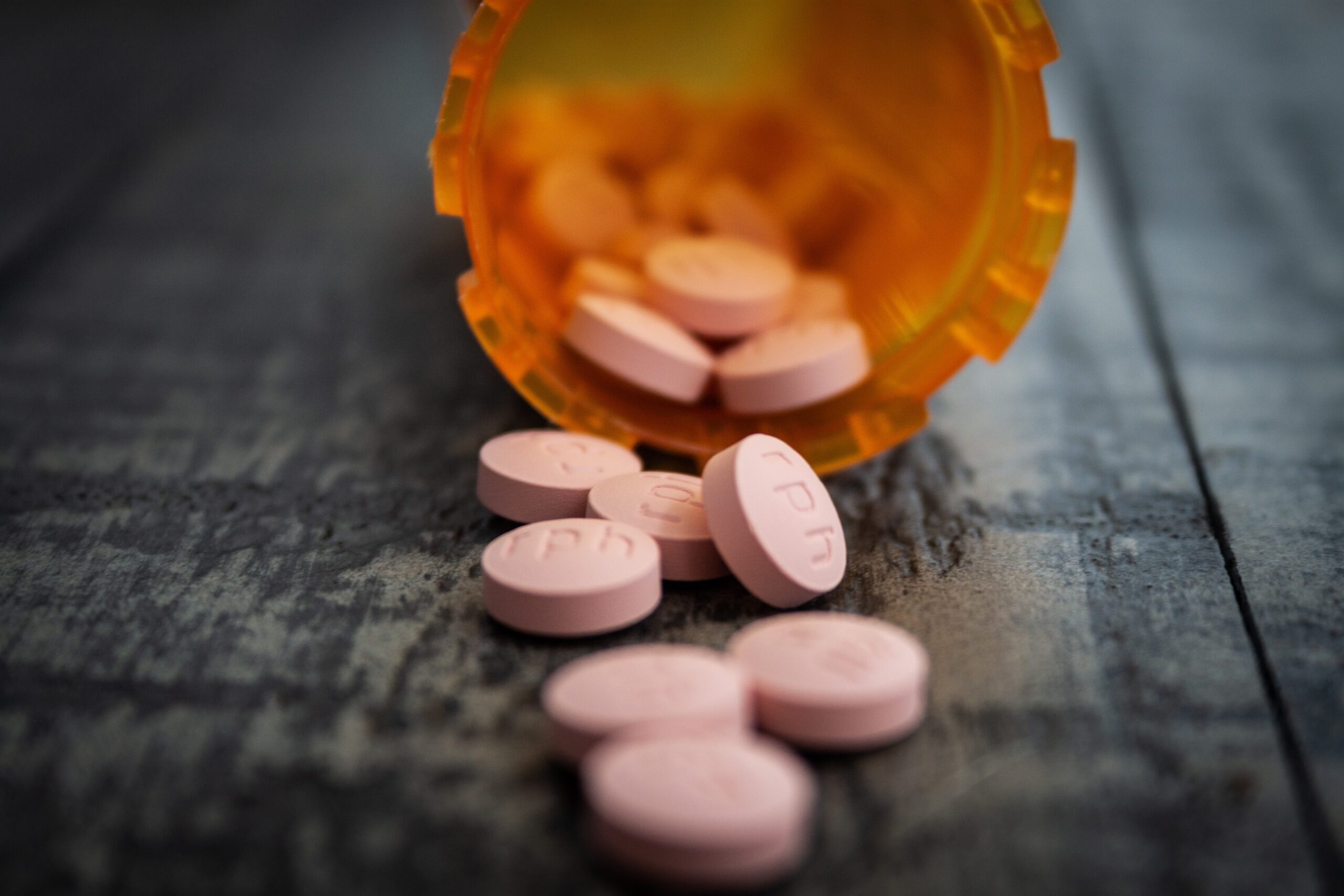Signs of Prescription Drug Abuse in Teens
Welcome to the topic, “Signs of Prescription Drug Abuse in Teens”
Prescription drug abuse in teens is an enduring problem, in part because prescribed medicines are easy to get.
Prescription drug abuse isn’t just a problem among adults. Teenagers are also trying these prescription drugs and misusing them.
According to a trusted source (CDC) in 2019, one in seven schoolchildren has abused prescription opioids at least once in life. Although substance abuse in teens has declined, prescription drug abuse is still high. If you are worried about a child, here’s how to check the signs and symptoms of prescription drug abuse in teens.
Changes within Their Group of Friends
Some children also start taking prescription medicines to experiment.
It is often a blend of factors like social norms, peer networks, curiosity, availability of substances, and poor coping mechanisms. Teens are often open to prescription medications through their prescriptions, friends, and other family members.

In fact, according to the National Institute on Drug Abuse, the report suggested that more than half of teens get prescription drugs from a close friend or relative.
Being accepted by their colleagues and social pressure are often important causes of teens’ drug use. Teenagers often begin using it to self-medicate or to improve concentration or performance.
Emotional and Physical Changes
According to the report of the National Institute on Drug Abuse in 2020, the prescription drugs most commonly abused are stimulants, depressants, and opioids. Some common prescription medication names are Vicodin, OxyContin, Valium, or Adderall, all of which can affect decision-making in a developing teenager. According to a trusted source (Sternlicht), opioids can decrease your heart and respiratory rate while stimulants can generate an irregular heartbeat; both can be dangerous.
One of the most substantial mental and physical variations can arise in teenagers and their brain chemistry. Prescription drug use may also harm the area of the brain responsible for information processing, attention, and impulse control.”
According to Sternlicht, you’ll desire to watch for the following signs in your children’s behavior:
- An increase in poor judgment, rule-breaking, or risky behavior.
- Unexpected changes in sleep routines, eating habits, or weight loss.
- Poor problems or grades at school.
- Alterations in mood such as depression, mood swings, or irritability.
- Trouble concentrating.
Don’t Wait. Get Help Now!
If you see signs and symptoms that your teen is abusing prescription drugs, start asking some questions. “Family contribution is often an essential component of steering children away from abusing prescription drugs and getting treatment,” Sternlicht says. Don’t lash out or exaggerate and focus on understanding and listening to your teen.”
Some things you can do at home are to stock prescription medications in a locked cupboard, in original bottles, and carefully discard old medications. Parents may also desire to seek expert help. Professionals always encourage such parents to seek a treatment provider or mental health expert that concentrates on working with teens’ drug dependence.
If you or any of your loved one is struggling with prescription drug abuse, contact our specialists standing by to help you in this regard.


